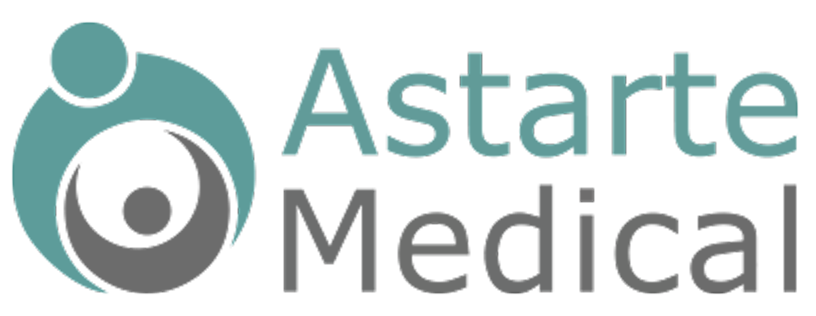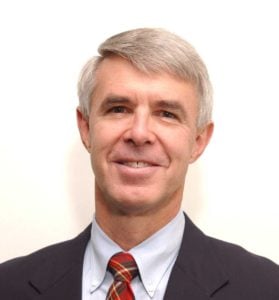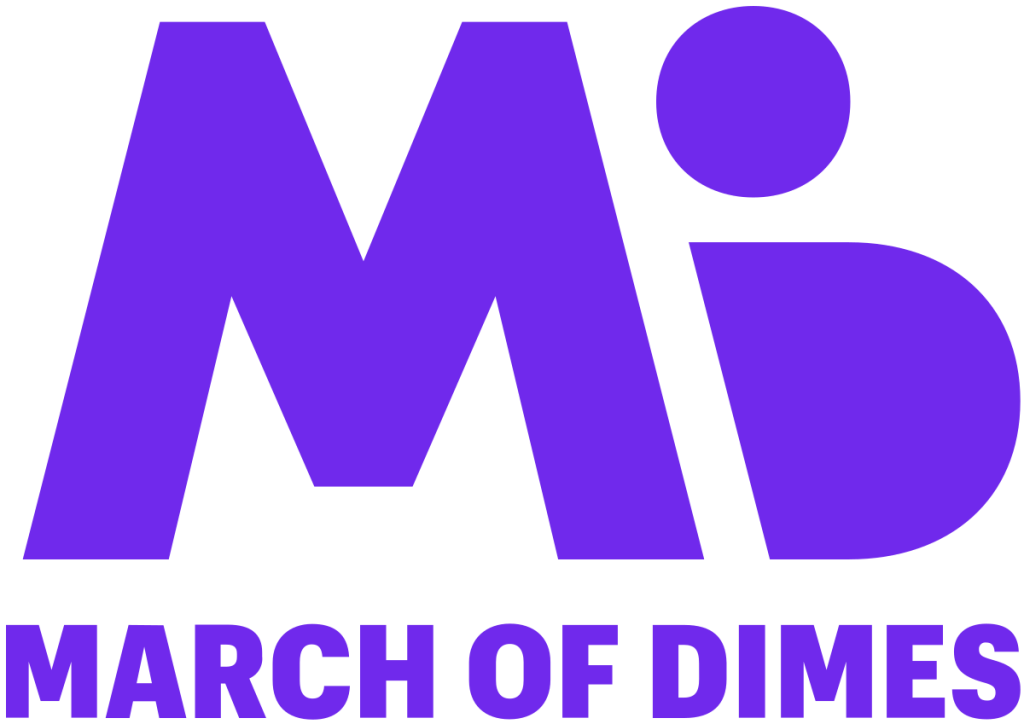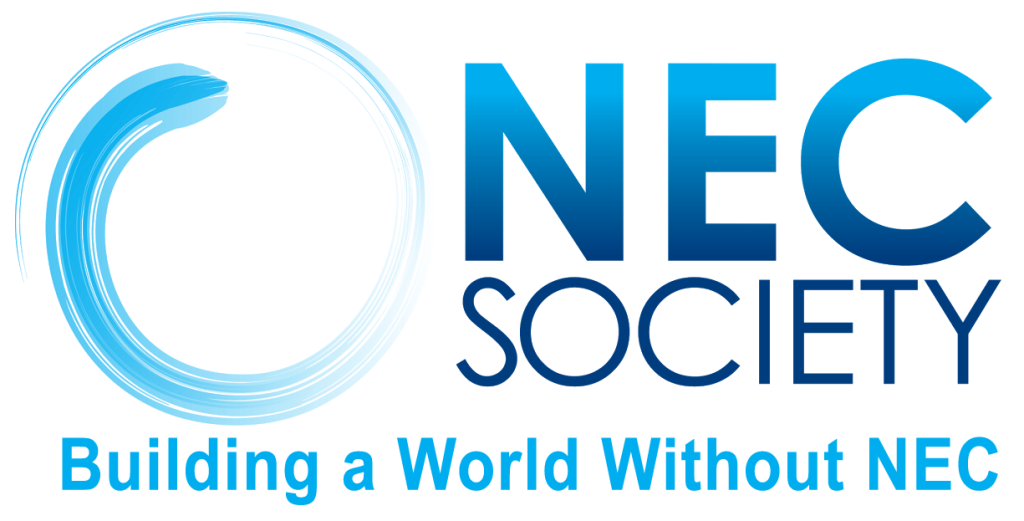Presentation by William W. Hay, Jr., MD.
During the presentation, Dr. Hay will discuss:
- IV nutrition is essential, but too much of any component can be just as bad as too little. This applies especially to dextrose (glucose) infusion rates.
- Newborn infants, even those born very preterm, and especially those with stress of any kind, produce glucose, placing them at increased risk of hyperglycemia, especially with high dextrose infusion rates.
- Hyperglycemia is toxic. It damages mitochondria, induces oxidative injury and local and systemic inflammation, and causes neuronal damage.
- Organ, tissue, and cellular glucose uptake, even in the brain, is plasma concentration dependent, not Glucose Infusion Rate dependent.
- For prevention, start at lower IV dextrose infusion rates: 3-4 mg/kg/min, and start enteral feeding earlier and advance faster.
- When hyperglycemia occurs, reduce IV dextrose infusion rate first.
- When hyperglycemia occurs, normalize physiology (especially oxygenation) with good medical care (reduces endogenous catecholamine and cortisol secretions), and reduce catecholamine and hydrocortisone treatments, reduce lipid infusion (not shown to have a large immediate effect), and increase IV amino acid infusion rate.
There is a Q&A session at the end of the presentation.
About the Speaker:
William W. Hay, Jr., MD
Neonatologist and
Clinical Researcher in Neonatal Nutrition
Dr. Bill Hay is retired Professor of Pediatrics (Neonatology) at the University of Colorado. In addition to practicing neonatology over his career, Dr. Hay conducted a wide variety of research projects focused on maternal nutrition, placental nutrient transport, fetal physiology, and fetal and neonatal nutrition and metabolism. A major emphasis of his clinical research focused on intravenous nutrition in the preterm infant and how to optimize nutrition to prevent postnatal growth faltering. Dr. Hay also is recognized nationally and internationally for his expertise in disorders of glucose metabolism in neonates, including both hyper- and hypoglycemia.





